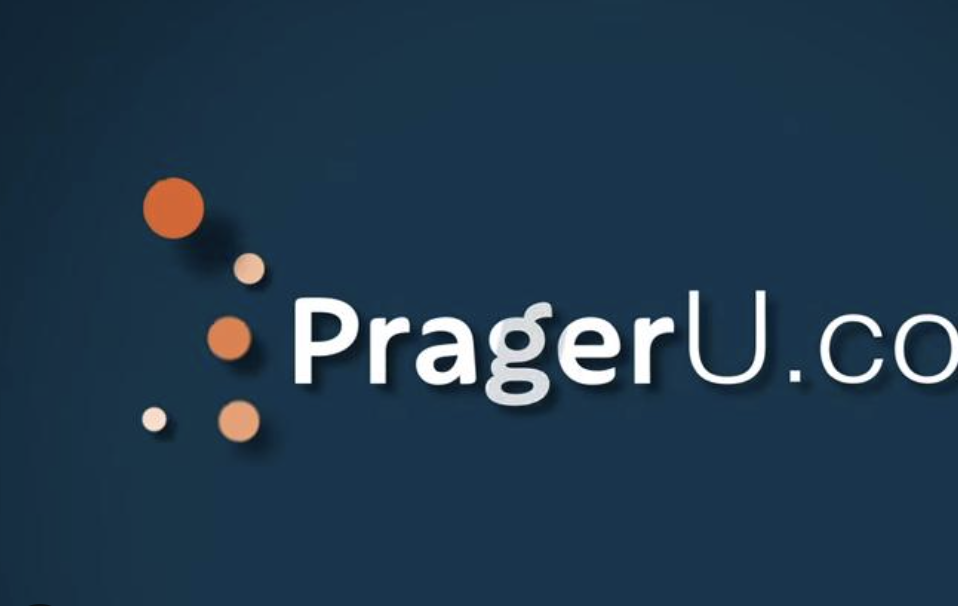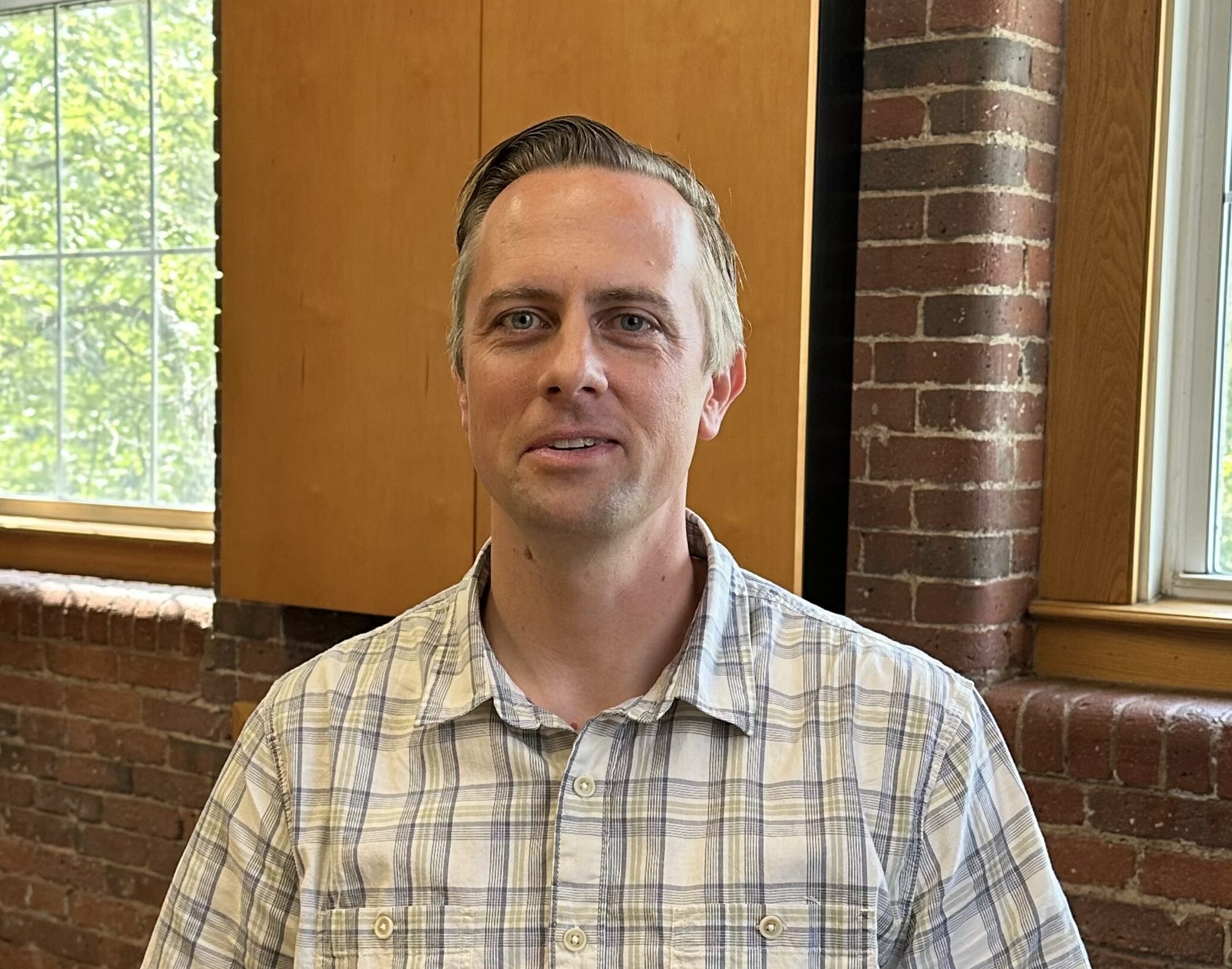Dem Attack on Proposed PragerU Course Flunks Fact Check

New Hampshire’s political social media was abuzz Wednesday over word the state Board of Education was considering approving a video series from the conservative nonprofit PragerU for the Learn Everywhere program.
Granite State Democrats were in high dudgeon, filling Twitter with accusations of hate and homophobia. House Democratic Caucus Leader Matt Wilhelm (D-Manchester) warned PragerU content depicts cartoons “that suggest slavery was ‘no big deal,’” and “peddle anti-LGBTQ+ hate.”
It was an odd accusation, given the video series in question is about personal finances and balancing your checkbook.
The PragerU course under consideration (which can be viewed here) is called “Cash Course” and covers the basics of financial literacy, from how paychecks work, to getting a bank loan, to how to invest for retirement. The videos viewed by NHJournal do not discuss politics or present information with a political slant, and there was no mention of either slavery or sexuality.
“It’s disingenuous of the Democrats not to look at the actual material before making a judgment,” Frank Edelblut, New Hampshire’s Education Commissioner, said of the controversy.
PragerU, started by talk radio personality Dennis Prager, seeks to add its online financial literacy course to the state’s Learn Everywhere offerings. Learn Everywhere allows students to earn high school credits for skills and knowledge attained outside the classroom through optional undertakings.
In the wake of New Hampshire Democrats’ coordinated complaints, State Board of Education chair Drew Cline said he has heard from people upset about the state using PragerU content. But he has not heard from anyone who has looked at the materials and videos.
“The fear-mongering being done about this is unfortunate because these financial literacy videos are quite useful and entirely apolitical and provide students with quite valuable knowledge of how to manage their finances,” Cline said.
The videos offer straightforward lessons about basic money handling, free from political ideology or any of the hot-button culture war topics sometimes associated with Prager. That hasn’t stopped leading Democrats from blasting the state for even considering PragerU for Learn Everywhere, though none of them appear to have viewed the actual content.
“PragerU does not reflect New Hampshire values, and I’m appalled this organization has been put forward to work with NH students,” said Democratic candidate for governor Manchester Mayor Joyce Craig. “As governor, I’ll work with New Hampshire educators to strengthen public schools so every student receives a quality education.”
Executive Councilor Cinde Warmington (D-District 2), who is running against Craig in the Democratic primary, said adding PragerU to the Learn Everywhere program would harm democracy.
“Pushing PragerU’s radical, political bias into our education system is yet another attempt by Edelblut to intentionally undermine the bedrock of our democracy. As governor, I’ll fight to strengthen our public schools so all NH children have the opportunity to succeed & thrive,” Warmington said.
NHJournal asked Rep. Wilhelm where in the PragerU series slavery is referred to as ‘no big deal’ as he claims. The top House Democrat declined to respond.
Cline and Edelblut argue the critics haven’t reviewed the material in question and don’t understand how Learn Everywhere works.
“The important thing for people to realize, contrary to some irresponsible reporting this week, PragerU is not up for approval. The financial literacy course created by PragerU is up for approval,” Cline said.
Conservatives point to a double standard from Democrats in the area of academics, such as their support for racist classroom material in New Hampshire classrooms from author Ibram X. Kendi, who teaches White students are inherently bigoted due to their skin color.
“We have approved charter schools with strong left-of-center perspectives, we’ve approved schools with strong DEI (diversity, equity, and inclusion) components, and no one complained about that. We’re not trying to impose a political view on students; we’re trying to create options for students,” Cline said.
Learn Everywhere gives New Hampshire families more options for educational opportunities by allowing students to earn high school credits from approved programs at no cost to New Hampshire taxpayers. The Learn Everywhere classes are entirely optional and are meant to encourage students to learn outside the classroom.
Financial literacy is a valuable skill that many children are not learning at home. That puts them behind when they enter the working world or when they try to navigate decisions like taking out student loans.
“I wish somebody had taught me that in high school,” Cline said. “Not every kid has people in their family who can teach them basics about how to manage their finances.”
Learn Everywhere includes robotics courses, science classes, karate classes, music classes, and even after-school programs at High Brothers and Big Sisters venues.
“We think it’s important that our students learn,” Edelblut said. “Different students are going to connect in different ways.”
If the course is approved, students who opt for the PragerU financial literacy class would get a half credit, meaning they would still need to take another financial literacy class in order to get the whole credit.
Cline understands people who are turned off by Prager’s political views would be concerned about the course. That is why he encourages everyone to look at the videos online, which are posted for free.
“There is nothing in this proposal that is political at all,” Cline said.
The State Board of Education will take up PrageU’s application on Thursday.




